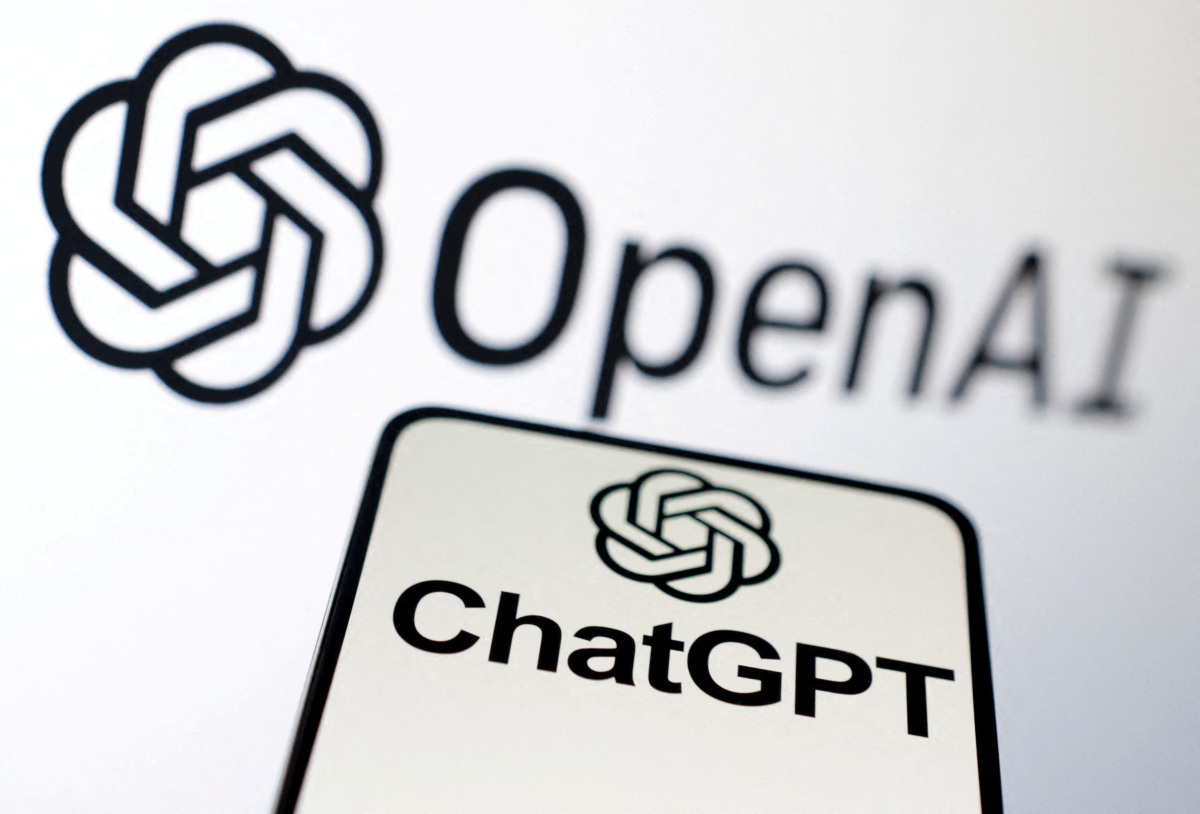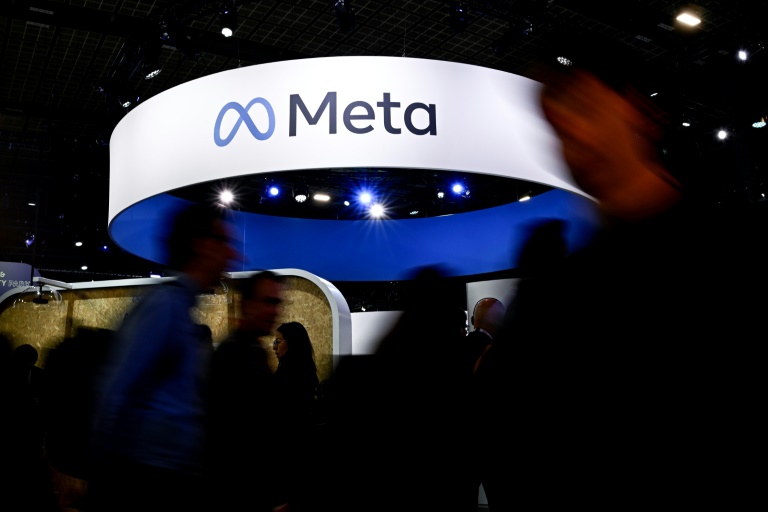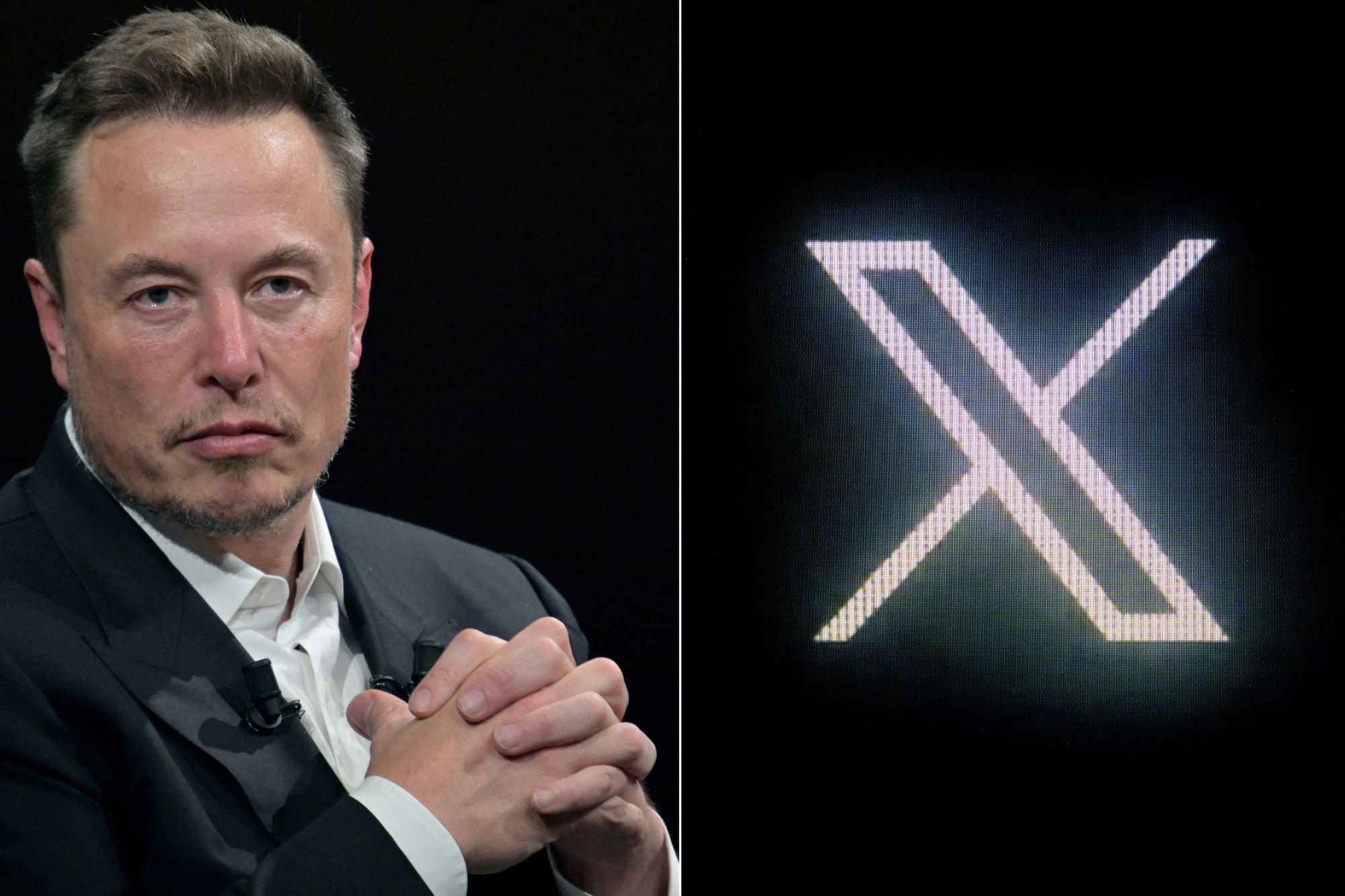KEY POINTS
Altman and 3 other AI CEOs recently met with Biden administration officials
Altman said that AI deployment requires partnership with the government
The U.S. appears to be lagging behind the EU and China in regulating AI
The CEO of the tech company behind ChatGPT will appear before House leadership next week as lawmakers continue to work on speeding up plans for artificial intelligence regulation, a new report revealed.
OpenAI CEO Sam Altman is expected to brief House members on AI next week at the U.S. Capitol, Semafor reported. House Speaker Kevin McCarthy told the outlet that the goal was to “make sure we educate everybody on it [AI].”
The report comes after the Biden administration met with Altman and three other chief executives of companies leading the AI tech industry earlier this month.
The meeting included “frank and constructive discussion” regarding three major points of concern surrounding AI: transparency with policymakers and the public, security from malicious attacks, and validating the safety and efficacy of AI systems, according to a White House readout.
The government noted that the CEOs agreed with officials that more work was needed to ensure that appropriate safeguards were established around AI.
Artificial Intelligence is one of the most powerful tools of our time, but to seize its opportunities, we must first mitigate its risks.
Today, I dropped by a meeting with AI leaders to touch on the importance of innovating responsibly and protecting people’s rights and safety. pic.twitter.com/VEJjBrhCTW
— President Biden (@POTUS) May 4, 2023
Following the meeting with administration officials, Altman told CNBC’s “Squawk Box” that deploying AI for the “maximum benefit” of the public “requires partnership with government and regulation.”
Altman said the partnership was discussed during the meeting with White House officials, but that in the long term, governments around the world, not just the U.S., should “act” and “put regulation in place and standards in place that make sure that we get as much of the good as possible from these technologies and minimize the downsides.”
Ahead of the meeting with AI CEOs, the Biden administration said in a statement that before seizing opportunities presented by the technology, “we must first mitigate its risks.”
In the statement, the government announced an “independent commitment” from leading AI developers such as Google, OpenAI and Microsoft to participate in the public evaluation of AI systems.
The U.S. government’s efforts to rein in OpenAI come as other governments such as the European Union and China have been ramping up activity in the policymaking circle.
On Tuesday, China made its first known arrest related to AI, CNBC reported. Chinese police in Gansu province reportedly arrested a man accused of using OpenAI’s ChatGPT to generate a fake report about a train crash.
Authorities said the suspect, surnamed Hong, used ChatGPT to create “slightly different” versions of the fake news story to bypass duplication firewalls on a blogging platform owned by search giant Baidu.
Over in Europe, the European Data Protection Board (EDPB), the bloc’s privacy watchdog, set up a task force focused on ChatGPT last month after Italy temporarily banned the large language AI model.
Also last month, Spain’s data protection authority, the AEPD, said announced a preliminary probe into OpenAI to determine if the ChatGPT-maker violated provisions under the EU’s General Data Protection Regulation (GDPR), as per TechCrunch.
At the end of April, the bloc proposed new copyright rules for generative AI technology like ChatGPT.
If approved, companies that deploy generative AI platforms or tools will be required to disclose copyrighted materials used to develop their AI systems, according to Reuters.
The bloc also proposed that AI tools be classified according to perceived risk levels such as minimal, limited, high and acceptable.
In the United States, several lawmakers have acknowledged that the country is struggling to catch up with other governments in regulating fast-moving tech.
“Congress has really struggled to regulate technology and emerging technology like AI,” Rep. Ro Khanna, D-Calif., told Semafor in February. Rep. Don Beyer, D-Va., said American policymakers were “stunned” by the meteoric rise of ChatGPT.
One problem may be the knowledge of lawmakers about AI systems. Rep. Ted Lieu, D-Calif., told the outlet that he was working on legislation that would pave the way for a bipartisan commission for overseeing AI. “We’re going to do that once we feel smart enough to know what we’re talking about,” Lieu said.
Observers noted that while the U.S. government is urging CEOs to mitigate risks and concerns related to AI, China and the EU are “actually delivering” the regulatory action necessary to rein in the tech, as per Axios.
While the EU has its GDPR law, China has its Personal Information Privacy Law, which was enacted late in 2021 and is deemed as the Chinese counterpart of the GDPR.
The EU Artificial Intelligence Act, which parliamentarians continue to discuss, will specifically target AI tech.
China’s Cyberspace Administration, the national cyberspace regulator, introduced draft measures last month that specifically target generative AI services.
The U.S. does have a non-binding blueprint for an AI Bill of Rights that should “guide for a society that protects all people” from threats related to AI, but so far, bills actually targeting AI have been nascent.
ChatGPT’s rise to the top of the tech industry has raised concerns among lawmakers worldwide, specifically in China and the EU.
Reuters
2023-06-01 00:00:03
Link from www.ibtimes.com
















